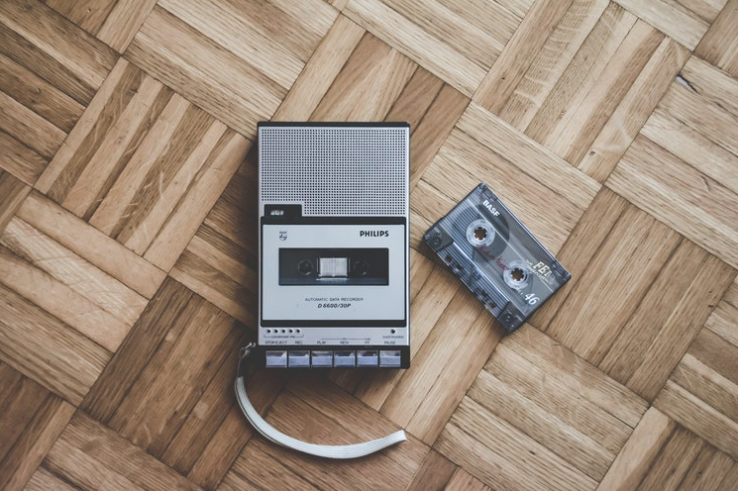Utah Doctors Supported Criminalizing Patient Recordings
For a brief two days, HB 330 (Communication Interception Amendments) proposed to outlaw recordings without the permission of everyone being recorded. Public reaction to the bill was significant and—almost—entirely negative. Noting the overwhelmingly negative reaction to the bill, its legislative sponsors, Rep. Lowry Snow and Senator Todd Weiler, quickly disowned it and pronounced it dead. Interestingly, one group of Utahns did immediately embrace the proposal to outlaw privately recording conversations and interactions: doctors.
One week ago, Dr. Larry Nasser was sentenced to prison in Michigan for repeatedly molesting his young patients. The trial was heavily reported. The case captivated and disgusted the Nation. Yet, in that climate of heightened awareness regarding the power disparity between doctors and patients, the Utah Medical Association jumped to support a bill that would have made it a felony for a patient to record a physical examination without the doctor’s permission.
It is fair to assume that Dr. Nasser would not have granted the young girls permission to record their examinations. Recordings, of course, could have empowered the girls. Recordings could have diminished the doctor’s power to molest his patients in the privacy of his examination room. The privacy of his examination room was his weapon. A law requiring permission for recordings would be a shield for doctors who have bad reasons for not wanting to be recorded. Dr. Nasser, of course, would not have wanted his interactions with patients to be recorded. Nor would any dangerous doctor in Utah. Nor, for some reason, would the Utah Medical Association, which describes itself as “the state’s foremost advocacy arm for the profession, protecting and enhancing the environment in which medicine is practiced in Utah.”
The Utah Bee reached out to the Utah Medical Association, to ask why the organization supported HB 330. Specifically, the Utah Bee asked:"
1. Why did the UMA support HB 330?
2. Are doctors opposed to patients recording conversations and examinations by doctors? If so, why?
3. HB 330 would have made it a felony in Utah for a patient or someone accompanying the patient to record a physical examination conducted by a physician. UMA’s support of HB 330 appears to place the well-being of physicians above that of patients. Any comment?”
UMA Director Michelle McComber responded that the UMA originally supported HB 330, but that the organization did not work the bill on Capitol Hill. As comments came in on the bill, according to McComber, the UMA “realized it probably needed more discussion and thought before anything was done with it.”

